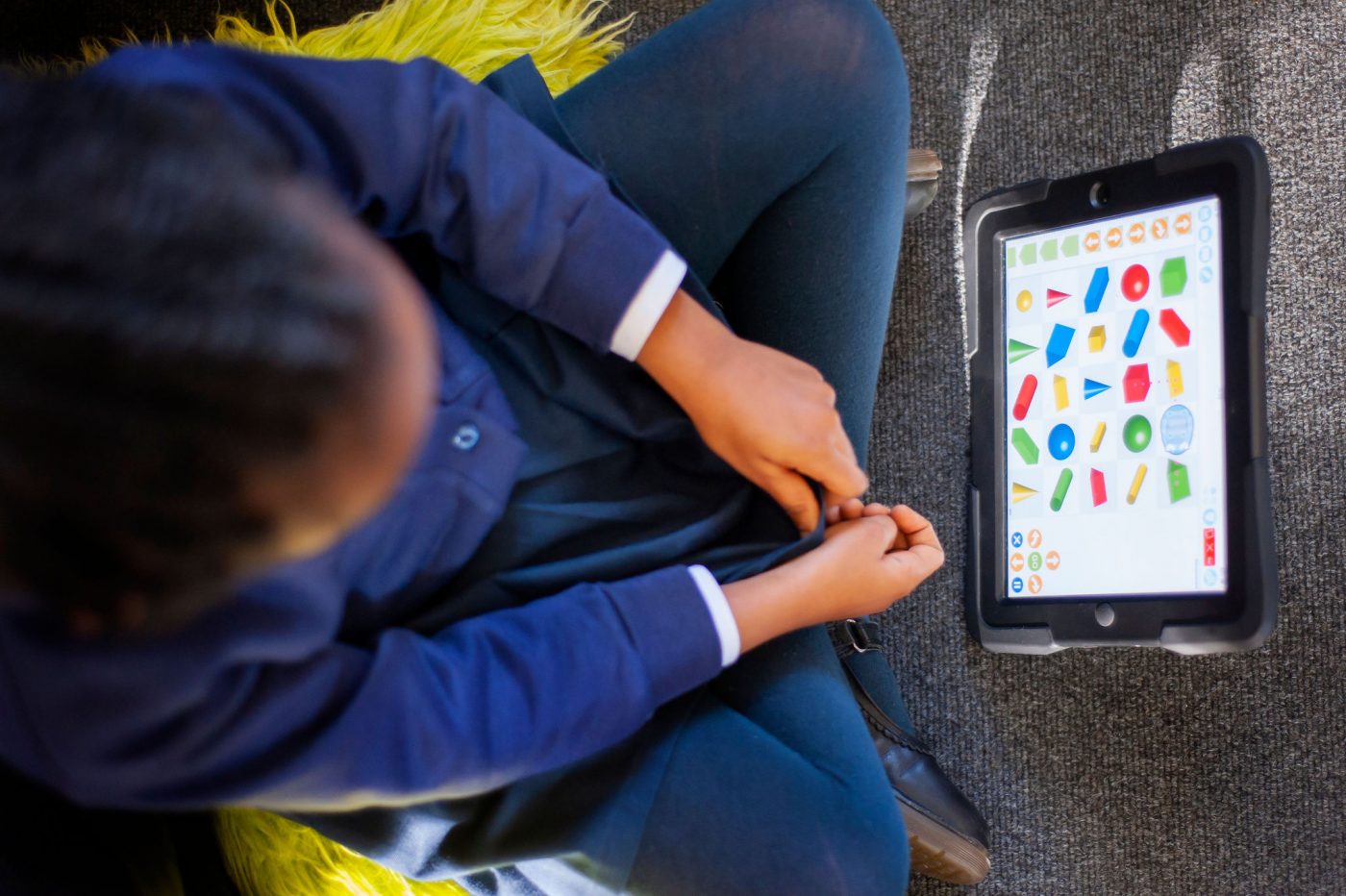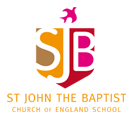Computing
Computing
Our vision is to embed computing in as many learning opportunities as possible. This will provide our children with concrete experiences of when and how they can use digital media in different aspects of their lives.
When you learn computing, you’re thinking about thinking –
Dr Bill Mitchell, Direct of BCS (British Computing Society) Academy of Computing
Vision
Our vision is to embed computing in as many learning opportunities as possible. This will provide our children with concrete experiences of when and how they can use digital media in different aspects of their lives. Through stimulating and challenging experiences children will continue to develop their love for learning and through this become, confident and independent uses of a range of hardware. In the ever-changing digital world, we aim to provide all children with not only the skills to use the technology that exists today, but the life-long the thinking skills and passion to continue to develop their love for computing through secondary school and beyond.
Curriculum
Early Years Foundation Stage
For our very youngest learners in the foundation stage we aim to give children a broad, play-based experience of computing in a range of contexts, including outdoor play. Computing is not just about computers. Early years learning environments feature computing scenarios based on experience in the real world, such as in role play. Children gain confidence, control and language skills through opportunities to ‘paint’ on the whiteboard or drive a remote-controlled toy. Outdoor exploration is an important aspect of the EYFS, supported by ICT toys such as metal detectors, controllable traffic lights and walkie-talkie sets.
Key Stage 1 & 2
In line with the development of the National Curriculum (2014) we have included dedicated Computing lessons across the school. Children in Key Stage 1 and 2 have access to class sets of laptops and iPads for at least once a week. Computing skills are developed through cross curricular lessons such as designing characters for stories, retelling a story using a stop frame animation, editing photographs they have taken as part of a local area study and recording a song to raise E-safety awareness in the school.
Coding is taught throughout St. John the Baptist School and children learn how to control programmable toys, make computer games and even how to draw geometric shapes by giving algorithms on computer programme, Scratch. At St. John the Baptist Primary school we believe that computational thinking is vital in helping children to solve problems, design systems, and understand the power and limits of human and machine intelligence.
E-safety underpins each computing experiences and children learn about having an open conversation with their parents or carers about how they use digital media. Our children have developed the ‘SJB E-safety Heroes’ who provide them with a tool kit to deal with any problems they may face online.

Useful Links
- Espresso: http://www.discoveryeducation.co.uk/
- BBC Computing: http://www.bbc.co.uk/schools/0/computing/
Computing resources for primary school children - Scratch: https://scratch.mit.edu/
Developed to help introduce learners to the world of coding, Scratch is a GUI (Graphic User Interface) based programming language. Pupils in KS2 will start to use Scratch to develop their own computer games of increasing complexity which draw upon fundamental aspects of programming such as variables, loops and conditions. - Think you know: https://www.thinkuknow.co.uk/parents/
How to talk to your child about online safety
